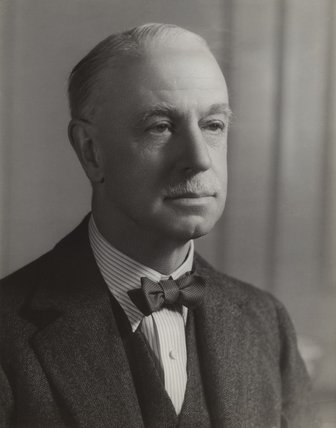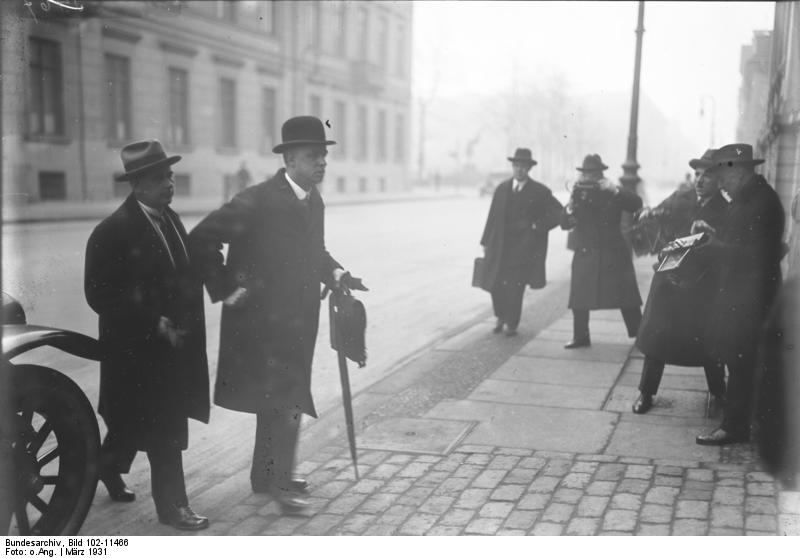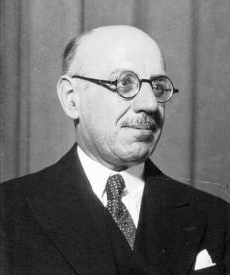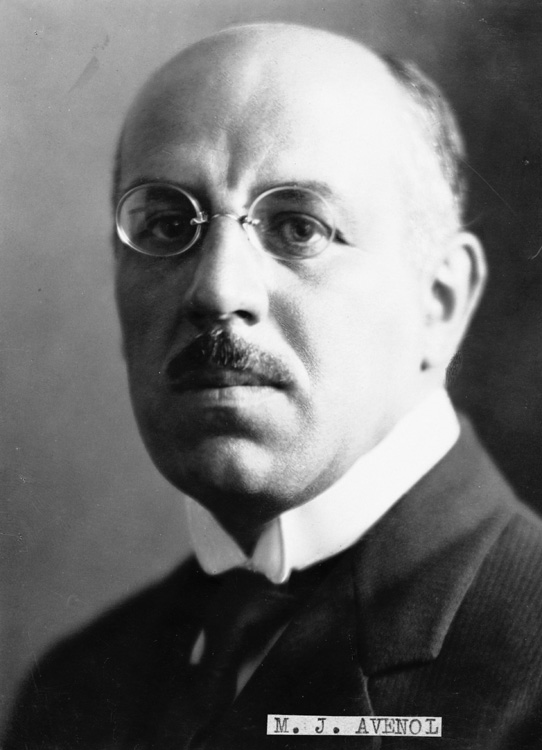<Back to Index>
- 1st Secretary General of the League of Nations James Eric Drummond, 16th Earl of Perth, 1876
- 2nd Secretary General of the League of Nations Joseph Louis Anne Avenol, 1879
PAGE SPONSOR


James Eric Drummond, 16th Earl of Perth (17 August 1876 - 15 December 1951) was a Scottish representative peer, a British diplomat and the first Secretary General of the League of Nations. Because of the history of the Earldom of Perth (attainder 1715, reversed 1853), he is sometimes considered the 7th Earl of Perth.
Half brother of the William Drummond, 15th Earl of Perth, Drummond was born in North Yorkshire, England. He was educated at Eton and began his Foreign Office career in 1900. In 1906, he became private secretary to Lord Edmund Petty - FitzMaurice, the Parliamentary Under - Secretary of State for Foreign Affairs. In 1908 and again from 1910 to 1911, he was précis writer for Sir Edward Grey, the Secretary of State for Foreign Affairs.
He served as the League of Nations Secretary General from the organization's foundation in 1919 until 1933 when he became Britain's ambassador to Italy. As Secretary General, he helped to establish high standards for loyalty to the international civil service that have influenced his successors in both the League and the post World War II United Nations.
He succeeded to the Earldom in 1937 upon his half
brother's death and entered the House of Lords. In 1939,
Drummond returned to Britain and served during the Second World War as chief
advisor on foreign publicity in the Ministry of
Information. From 1946 until his death, he served as
deputy leader of the Liberal
Party in the House of Lords.


Joseph Louis Anne Avenol (June 9, 1879, Melle, Deux - Sèvres, France - September 2, 1952, Duillier, Vaud, Switzerland) was a French diplomat. He served as the second Secretary General of the League of Nations, from July 3, 1933 to August 31, 1940. He was preceded by Sir Eric Drummond of the United Kingdom, who was general secretary between 1920 and 1933, and he was succeeded by the Irish diplomat Seán Lester, who was general secretary between 1940 and 1946, when the League was dissolved.
Avenol was sent to the League of Nations from the French Treasury Department in 1922 to handle the League's finances. He was Under Secretary General in 1933, when Eric Drummond resigned. He became Secretary General because the first secretary - general had been British and there had been a private agreement at Versailles that the next would be French. Avenol was accused of using the League as an extension of the French Foreign Office in its policy of appeasement of Germany and Italy.
Avenol took office shortly after Japan had left the League. Shortly thereafter Germany also left. He worked to prevent action or criticism of those countries in an effort to lure them back to the League. When Italy invaded Ethiopia in 1935, Avenol's main concern was to keep the Italians in the organization, not to protect Ethiopia.
Later Avenol described "a new France, which was to be
given a new soul to work in collaboration with Germany and
Italy and keep the British out of Europe". He wrote to
Marshal Pétain to affirm his loyalty to the Vichy
government.
In the meantime, he had fired most of the League's staff, including all the British employees. On August 31, 1940, Avenol left Geneva and the League of Nations for good. His services were not accepted by the Vichy government, and he was forced to flee back into Switzerland on New Year's Eve 1943 to avoid arrest by the Germans. He died in Switzerland in 1952, aged 73.
When Seán Lester replaced him as secretary - general, the League had only 100 employees, including guards and janitors, of its original 700. Lester managed to keep the League's technical and humanitarian programs in limited operation for the duration of the war. In 1946 he turned over the League's assets and functions to the newly established United Nations.
In 1921, he was created an honorary Knight Commander of the Order of the British Empire.